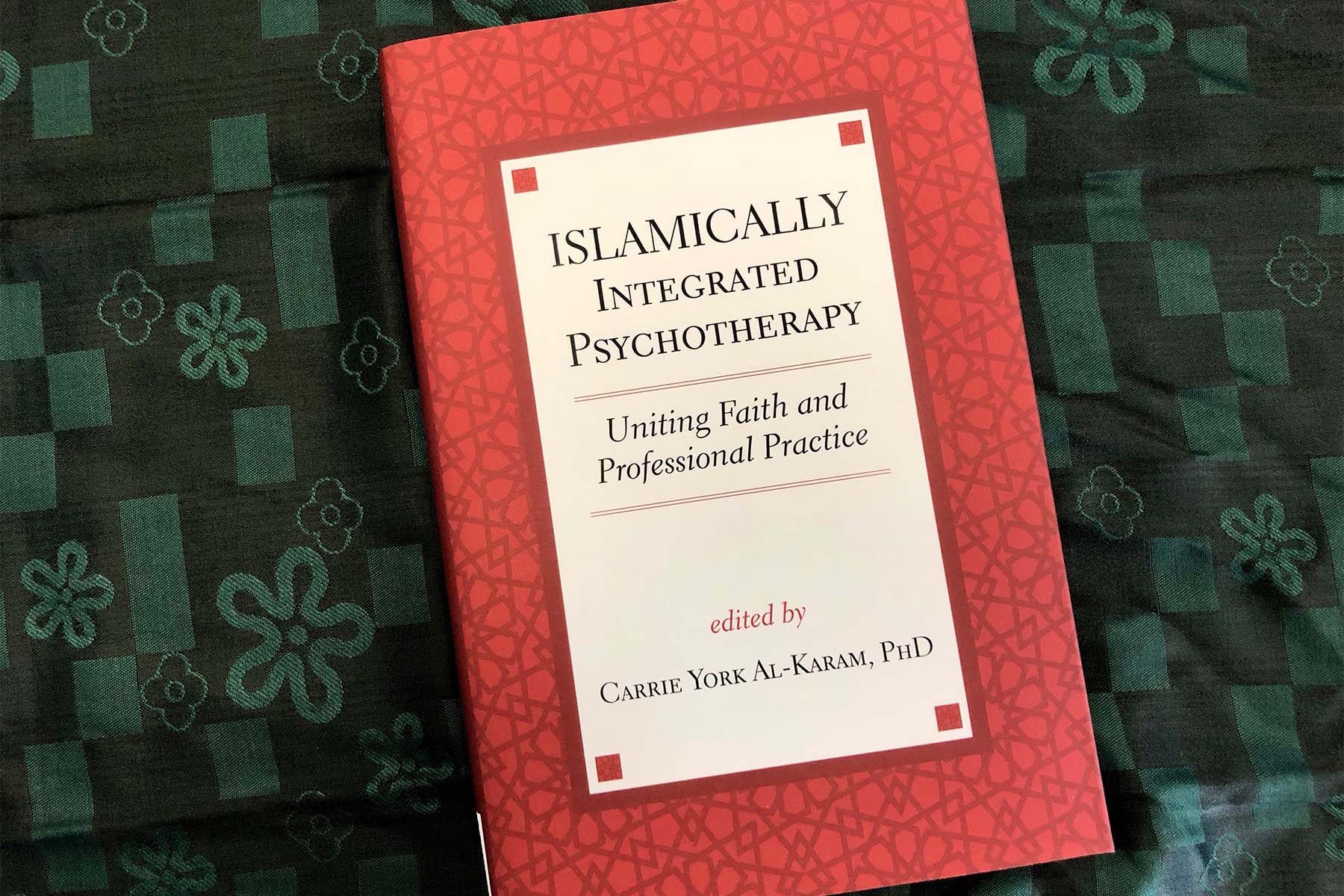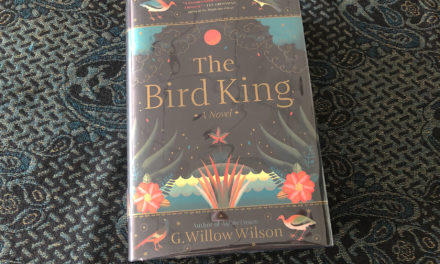United Talent Agency
Elise Bellin, Librarian of the Islamic Resource Center, wrote this book review as part of an ongoing series that focuses on a range of books within the IRC collection as a service to the community.
Islamically Integrated Psychotherapy, Uniting Faith and Professional Practice
Islamically Integrated Psychotherapy, Uniting Faith and Professional Practice, Edited by Carrie York Al-Karam PhD © 2018 Templeton Press – ISBN: 978-1-59947-541-7
Psychotherapy may at first glance appear antithetical to Islam and the Muslim community. Freud was, after all, no friend of religion, saying it was a pathology that needed to be cured. Furthermore, the pervasive belief in the Muslim community that praying and increasing ones’ faith is all that a Muslim needs to do to deal with psychological distress, and the shame and stigma associated with seeking mental health therapy can keep Muslims from approaching psychotherapy.
In Islamically Integrated Psychotherapy, Uniting Faith and Professional Practice, editor Carrie York Al-Karam assembles a diverse and talented team to demonstrate how Western trained Muslim clinicians are developing theoretical models and interventions in their own practices which integrate Islamic beliefs and practices. For example, clients are directed to focus on the role of God in his/her life; to integrate core Islamic beliefs such as the role of trusting God (Tawwakul); to frame and accept hardship and challenges as indicators of spiritual elevation (ibtilaa); to discipline the self (tahdheeb al nafs), and to be content with the decrees of God (ridaa bil Qadaa).
In such a model, mental health is predominantly looked at from a holistic continuum that includes the acquisition of virtuous behaviors and beliefs as well as spiritual practices, rather than simply an absence of clinical pathology. The role of the therapist is also seen in an Islamic light: the therapist should appreciate that s/he is a mere instrument of God. (“And when I am ill it is He who cures me” 21:80) The clinicians in this collection view themselves as spiritual seekers, struggling to be the best role models to their clients, just as the Prophet (pbuh) was to his community. God is the true healer.
As these nine chapters demonstrate, the Islamic tradition turns out to be a rich source within which healing and therapeutic techniques and interventions can be found. Pro-social behaviors such as gratitude, patience, humility, forgiveness, tolerance, are encouraged and techniques such as dhikr (remembering and calling on God), , dua,(talking to and asking God) and istikhara (a prayer one makes to be guided when making a decision) prove to be useful tools to share with Muslim clients.
In the Quran we read: “God will not change the condition of a people until they change what is in themselves”. 13:11; and, according to a prophetic saying, “for every disease there is a cure”. This book is a must read for all Muslim clinicians as well as everyday Muslims and anyone interested in spiritually integrated psychotherapy.
Founded in 2010, the Islamic Resource Center (IRC) is the first Islamic public lending library in Wisconsin. The IRC aims to provide resources to educators, students, health professionals, interfaith groups, and any members of the Milwaukee community that want an accurate understanding of the Islamic faith, its practices, and its people.














